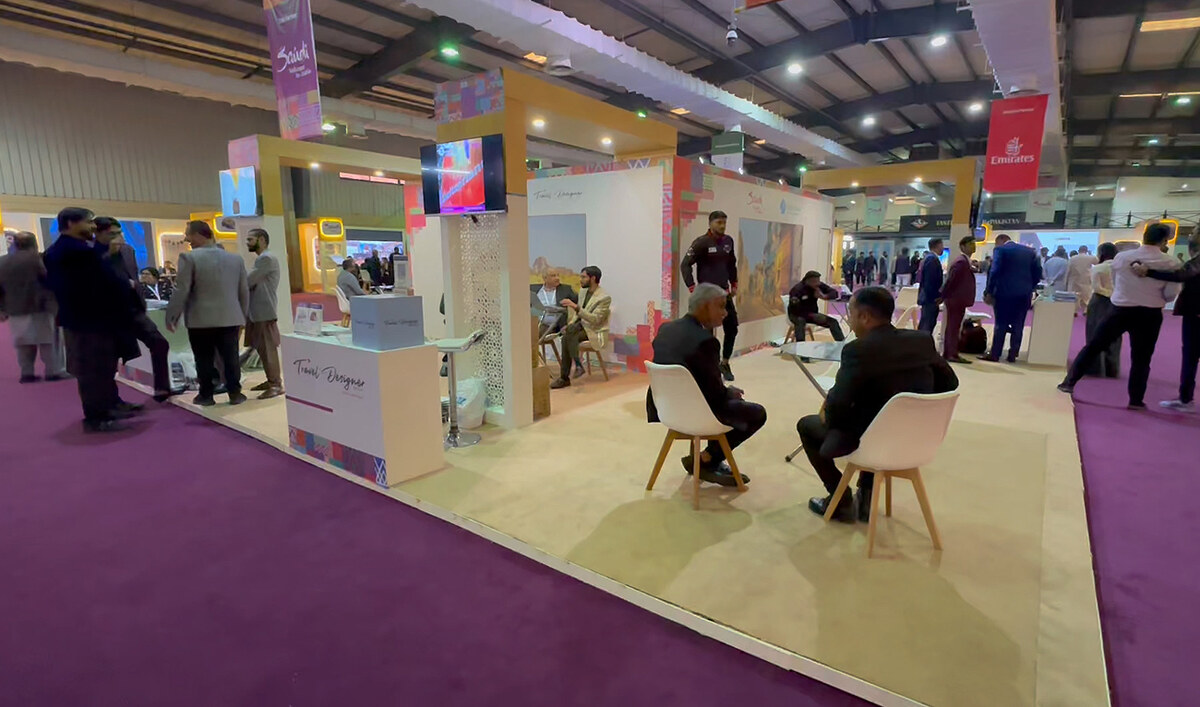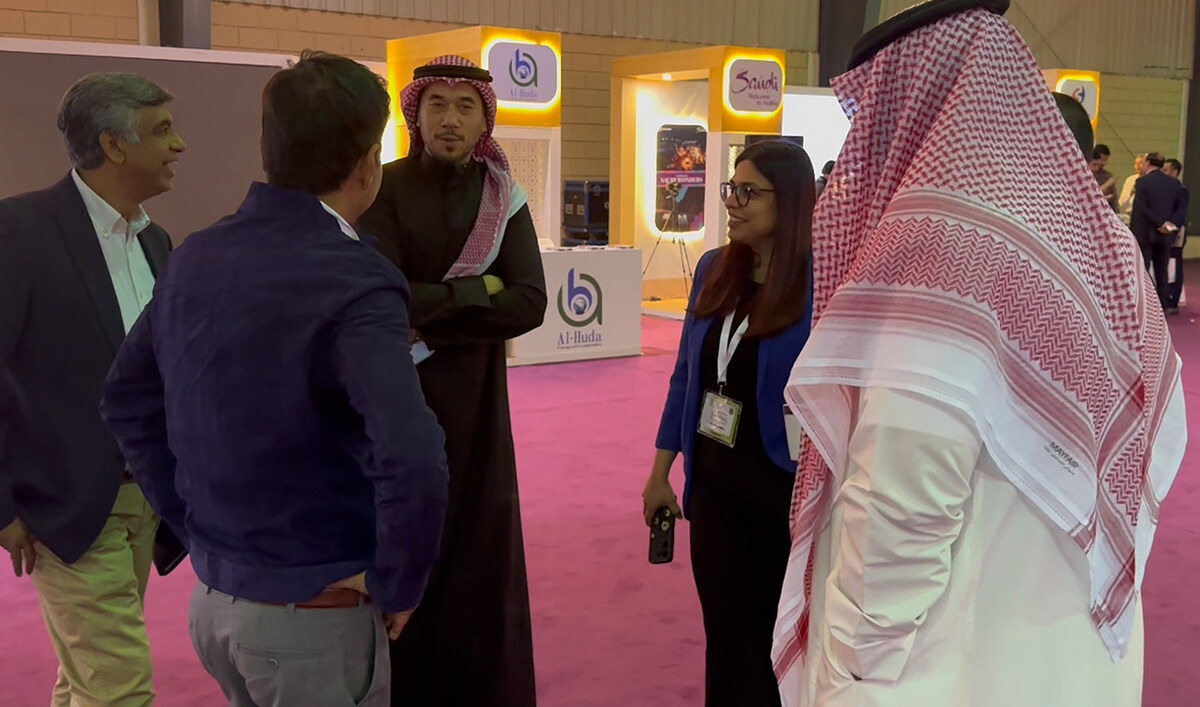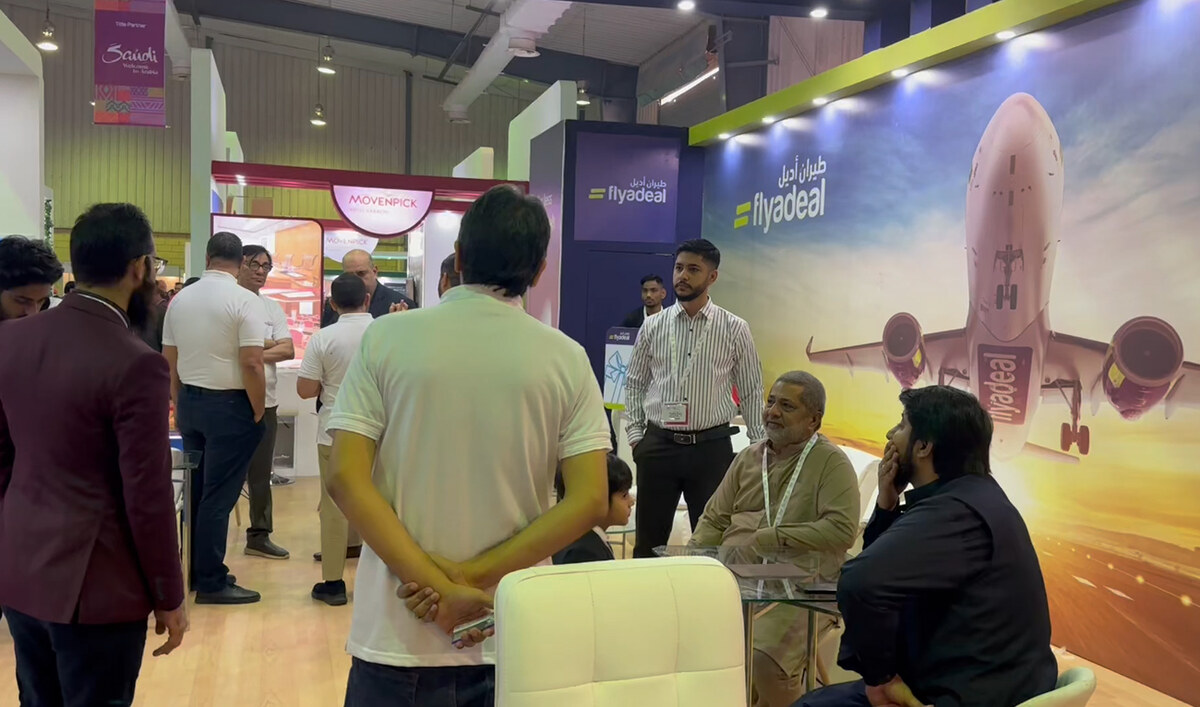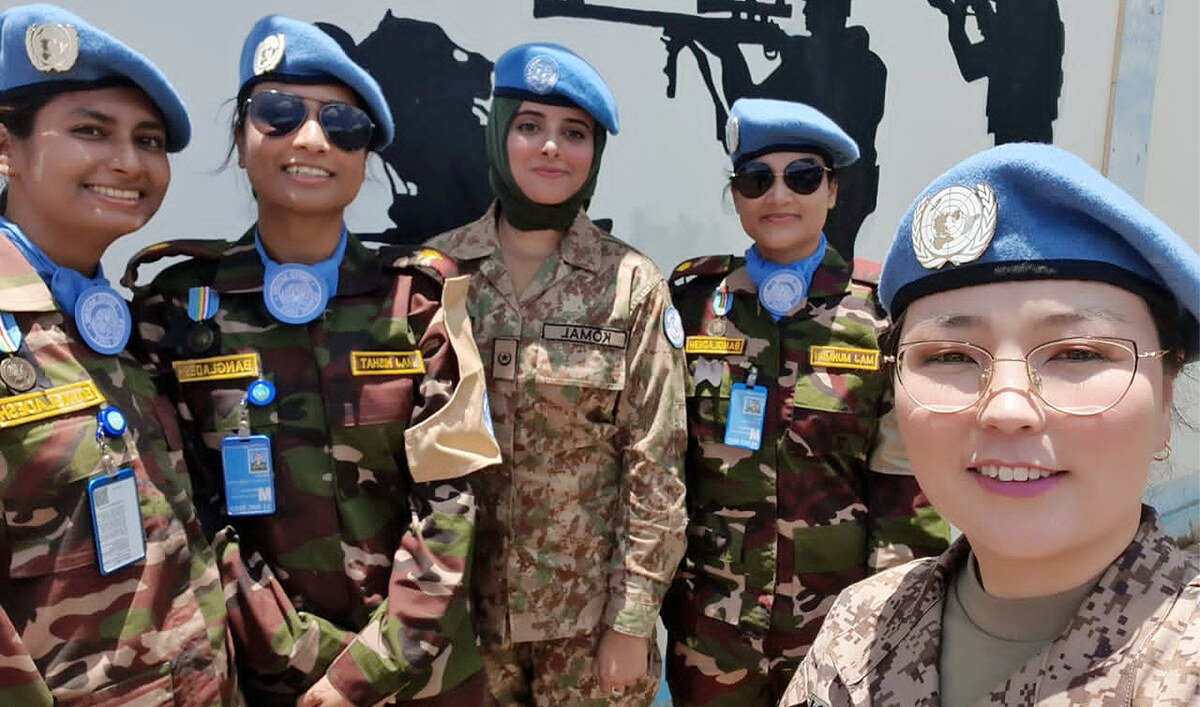ISLAMABAD: Doctors this week warned of a significant threat to dermatological health in Pakistan as the South Asian nation on the searing edge of climate change faces an intense heat wave that is expected to continue well into June in some parts of the country.
This month and the next, temperatures could go as high as 55 C (131 F), weather forecasters have warned. The World Health Organization says the optimum air temperature for the body is between 18C and 24C. Any hotter and the risks rise.
Against this background, Arab News spoke to two dermatologists to understand how people can protect their skin in extreme heat conditions.
“Avoid going out in peak sun hours,” Dr. Kamran Qureshi, an expert in aesthetic medicine and anti–aging, told Arab News “Cleanse, tone and moisturize your skin. Wear a sunblock that suits you.”
Sunburn, hyper-pigmentation, and flaring of existing skin conditions like acne, eczema or rosacea are the primary risks, Dr. Qureshi added, advising drinking water, applying sunblock and wearing a hat and using an umbrella when going out.
Explaining best practices for hydrating the skin during extreme heat, the dermatologist said drinking fluids and consuming antioxidant-rich fruits and vegetables could keep the skin healthy while applying aloe vera-based products could help soothe irritated skin.
Another Islamabad-based dermatologist, Dr. Mohsin Kaira, explained that excessive sunlight had different effects on varying skin types. The heat tended to make the skin produce more oil, leading to breakouts and shininess for people with oily skin and dehydration, flakiness and increased sensitivity for those with dry skin.
Additionally, individuals with pre-existing skin conditions like eczema could face flare-ups during hot weather, Dr. Kaira said, advising them to keep their living spaces cool, wear loose clothes, use a humidifier, moisturize frequently, take cold showers and stay away from products containing alcohol, fragrances and chemicals.
“People with sensitive skin are prone to irritation, redness and sunburn,” Dr. Kaira, who works as a researcher at the Pakistan Institute of Medical Sciences and as a consultant aesthetics Dermatologist at a private clinic in Islamabad, told Arab News. “Heat accelerates aging, leading to wrinkles and loss of elasticity with people having mature skin.”
He warned that all skin types were susceptible to sunburn which caused peeling and long-term skin damage, while prolonged sun exposure also increased the risk of skin cancer.
When asked about recommended sunscreens, he advised a broad-spectrum sunscreen with a sun protection factor of at least 30 to be reapplied every two hours.
Dr. Kaira identified day timings of 10 am to 4 p.m. when direct sunlight needed to be avoided and recommended water-rich foods such as cucumbers, watermelons, strawberries, oranges and anti-oxidant heavy foods like berries, tomatoes, and carrots.
The dermatologist said certain types of fabrics and colors could also provide better protection against ultraviolet rays:
“Darker colors and bright shades like red, black, and navy absorb more UV radiation, preventing it from reaching the skin in comparison with light colors such as white or pastels that tend to be less protective.”
Dermatologists urge caution as heat wave threatens skin health in Pakistan
https://arab.news/wg3vk
Dermatologists urge caution as heat wave threatens skin health in Pakistan

- Arab News spoke to two dermatologists to understand how people can protect their skin in extreme heat conditions
- Sunburn, hyper-pigmentation and flaring of existing skin conditions like acne, eczema or rosacea identified as primary risks






















